Code of Practice 9 (COP9) FAQ: Your Questions Answered
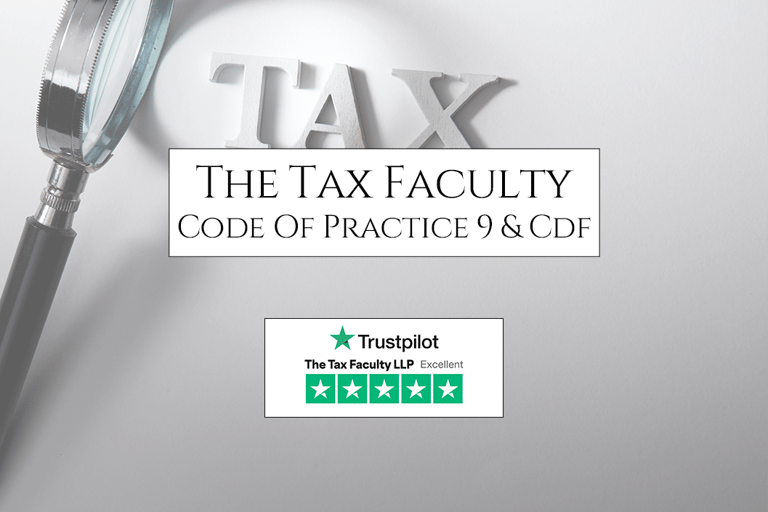

Call: 0800 0016 878 - Email: info@thetaxfaculty.co.uk
(Non-UK callers may need to call +44 207 101 3845 if you cannot connect to our 0800 number)
Have questions about HMRC's Code of Practice 9 (COP9) investigations? You're not alone.
Our comprehensive FAQ page provides clear and concise answers to the most common queries regarding COP9. From understanding the investigation process to knowing your rights and responsibilities, we cover everything you need to navigate these complex tax enquiries with confidence.
Whether you've received a COP9 letter or are considering voluntary disclosure, our expert insights will guide you through every step.
Finding out that you are under any type of tax investigation or enquiry by HMRC is an incredibly stressful situation. That stress is multiplied when faced with a Code of Practice 9 investigation - the highest level of investigation that HMRC can conduct under civil proceedings.
What do I do? How do I respond? Am I going to jail? Will I lose everything? These are just some of the questions that will be running through the head of someone who receives correspondence from HMRC informing them that they are being investigated under Code of Practice 9.
Our Top 10 Tips - Q&A Guide which follows will help to answer some of those questions and more importantly, help you to understand the beginning of the Code of Practice 9 process and where to find help in dealing with the investigation.
Our full Code of Practice 9 Investigation Guide can be found linked here.
Code of Practice 9 FAQs: INTRODUCTION


This is without doubt one of the first questions that clients ask of us when discussing the receipt of a Code of Practice 9 investigation letter from HMRC. Unfortunately there is no one-size-fits-all answer, it will simply differ from person to person.
There are many reasons that someone may find themselves the target of a tax fraud investigation. The one thing that we do know is that highly-trained HMRC staff will have reviewed extensive information about the individual in question.
They have then come to the conclusion that there is sufficient evidence to show that there is a suspicion of tax fraud being committed by that individual either now, or at any point in the past 20 years.
1. "Why me?"
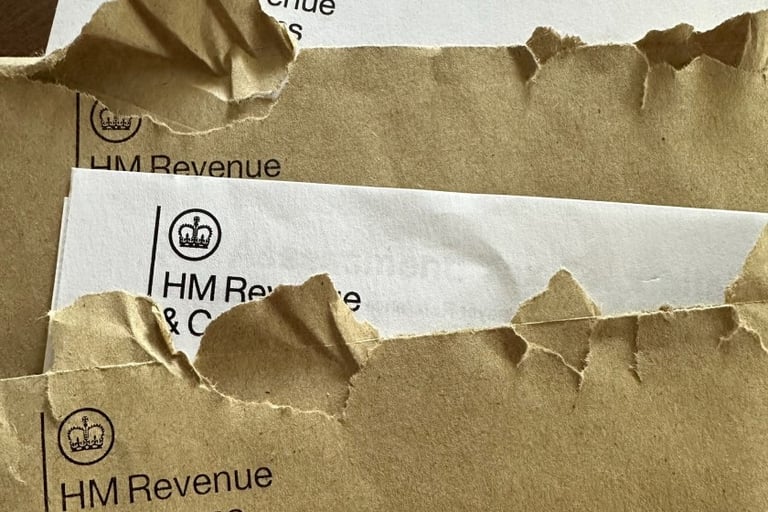

Yes, that is correct. It may seem like a lifetime ago, but HMRC have the power to look back over the last 20 years in order to identify any possible errors in your tax affairs that were brought about by your deliberate conduct.
So when you are considering your response to the opening letter that you have received, it is important to remember that HMRC may be looking at something that is occurring now, or anything that occurred in the last 20 years that may have caused an underpayment of tax.
2. "Something that I did in the last 20 years?! Is that correct?"
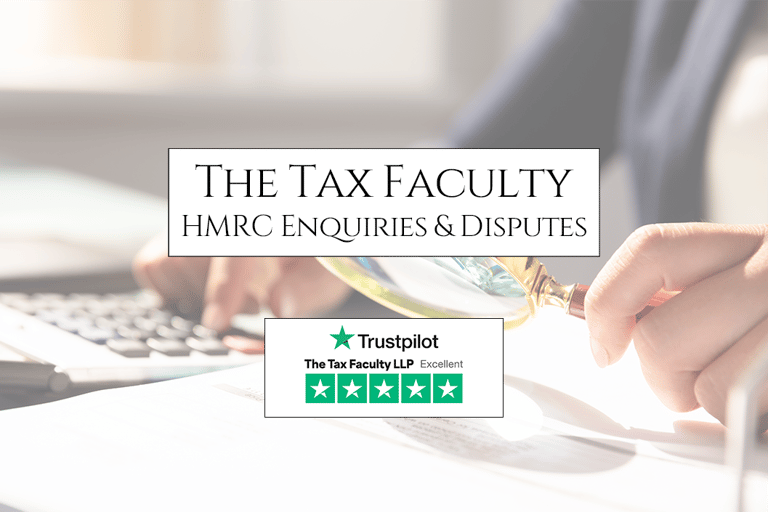

HMRC have opened this Code of Practice 9 investigation because they suspect that you have committed tax fraud. To put it simply, you cannot commit tax fraud by accident. There must have been an intention on your part which resulted in actions being taken so that you did not pay as much tax as you should have.
There are a great many ways in which tax fraud can be committed, some are unique while others are seen day in and day out; some are complex, perhaps involving offshore tax structures and concealment of paperwork, while some can be as simple as knowingly not declaring the correct amount of takings when calculating your taxable profits.
The one thing all tax fraud has in common is that the person committing the fraud knew that they were doing so. You can't commit fraud by accident!
3. "My deliberate conduct? What does that mean?"


Not quite. While the "offer" of the Contractual Disclosure Facility (CDF) is made to you as an individual, the Code of Practice 9 investigation is conducted into the entirety of your tax affairs.
This includes anything that you have done as an individual or sole trader, as well as the tax affairs of any other entities such as companies, trusts, nominees, or partnerships that you have been involved in.
It is no wonder that a Code of Practice 9 investigation is considered one of the most intrusive forms of enquiry that HMRC can conduct.
4. "So this is just something that I have done personally?"
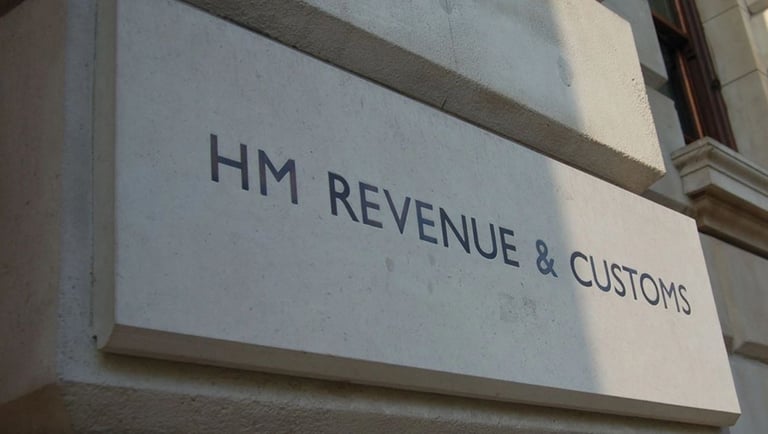

I suppose the only person who knows true answer to that question is the person accused of the fraud, but the broad answer here would be "not necessarily".
Many assume that because they have received a letter informing them that HMRC suspect them of tax fraud that they must be guilty. This is not the case. A very important word to remember is the word "suspect".
At this point, HMRC are not sentencing you as guilty or assessing you for additional tax based on definite fraud that they can prove beyond all doubt.
By issuing the opening Code of Practice 9 correspondence, they are simply telling you that they have enough information to suspect that you have committed tax fraud.
5. "They've looked back 20 years at everything I've been involved in? Am I guilty? I must be if they suspect me?"
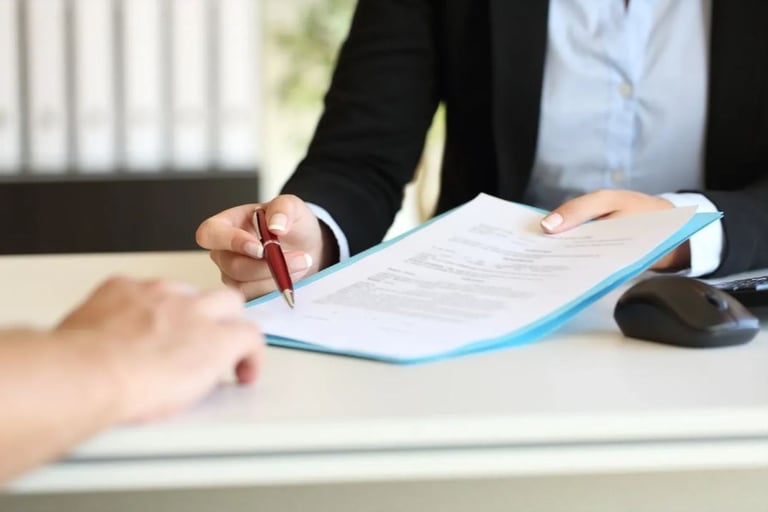

HMRC have a great many data sources that they can analyse before making a decision whether they have enough information to prove a suspicion of tax fraud. Examples include banks or similar financial institutions, other government departments, the tax authorities of other countries or even reports from other individuals who have provided information accusing you of tax fraud.
At this stage, HMRC will not tell you why they suspect that you have committed tax fraud. They are giving you the opportunity to tell them of any tax fraud as part of their "offer" under the Contractual Disclosure Facility.
6. "Okay, so what do HMRC know about me? Will they let me know what they suspect that I have done wrong?"
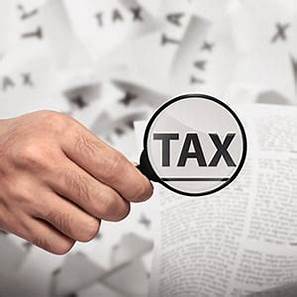

HMRC have asked you to disclose all deliberate (and also non-deliberate) errors which have led to you not paying the correct amount of tax. If you make a full disclosure of your deliberate conduct, HMRC will not pursue a criminal investigation with a view to prosecution.
From our experience, it is clear that this protection from criminal prosecution provides piece of mind for many clients and should not be underestimated.
7. "What exactly do you mean when you say that HMRC have made me an offer?"
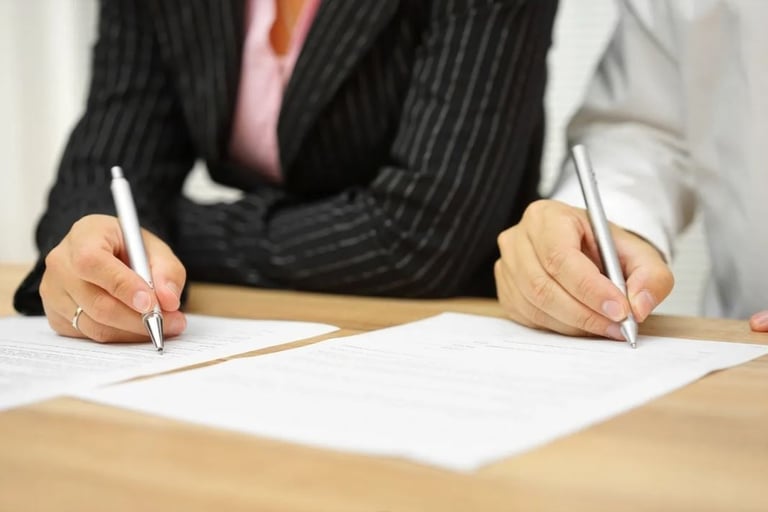

Absolutely not. We have in the past worked with a great many clients who chose to reject the offer of entering into the Contractual Disclosure Facility.
It is entirely up to you whether you accept or reject HMRC's offer. Remember - at this stage HMRC simply suspect that you have committed tax fraud and there may be an innocent explanation for that suspicion.
Whatever you decide, you must keep in mind that you only have 60 days to respond to the offer.
8. "Do I have to accept the offer?"


Another question that we are guaranteed to be asked and again, there isn't a quick answer that we can provide.
The cost at the end of a Code of Practice 9 investigation will depend entirely on the additional tax due (if any), the interest that is due on that additional tax and the penalties associated with the additional tax liability.
As the investigation deals with deliberate tax fraud, the penalties can be as much as 100% of the tax due, or even as much as 200% should there be offshore issues involved.
Having an adviser who is experienced in dealing with Code of Practice 9 investigations can help to substantially reduce the amount of tax and penalties that result from such investigations.
9. "How much is this going to cost me?"


If you take one piece of advice form this guide, please make sure that you seek professional representation as early as possible. You are not alone in dealing with this investigation and we at The Tax Faculty offer confidential and non-judgemental consultations so that you can air your worries in a safe environment.
The first page of the Code of Practice 9 leaflet itself states at point 1.2:
"We strongly advise that you seek independent professional advice before you respond to HMRC’s offer of the CDF. If you already have an advisor, you should contact them immediately. Many people find it helpful to appoint an advisor who specialises in COP9, as well as their regular advisor."
HMRC understand that this will be a complex and intrusive investigation. Having expert, experienced representation from an early stage can save you substantial amounts of tax, penalties and interest.
You can read more on selecting a Tax Investigation Specialist in our handy guide on the subject.
You only have 60 days to provide your response to HMRC, so please do not delay.
10. "What do I do now? Am I on my own with this?"


If you have received a letter from HMRC informing you that you are being placed under a Code of Practice 9 investigation, please contact us at the earliest opportunity.
Our dedicated team of experts are ex-senior HMRC Tax Professionals with decades of experience in both conducting Code of Practice 9 investigations and in defending our clients from these exact same investigations.
As well as assisting individuals with Code of Practice investigations, we have a history of helping accountants and other private practices by representing their clients when they fall under investigation.
We have a strict "no poach" promise and your client remains your client throughout. We simply deal with the investigation allowing you to do what you do best - providing a first-class service to your clients.
Contact us today on freephone 0800 0016 878 for a free consultation on all tax issues, or fill out the handy form below and we'll get back to you as soon as possible.
Alternatively, you can email us at info@thetaxfaculty.co.uk or complete the handy form below.
(Please note, non-UK callers may need to call 0207 101 3845 if your line cannot connect to our 0800 number)
How The Tax Faculty Can Assist With Cop9 Investigations
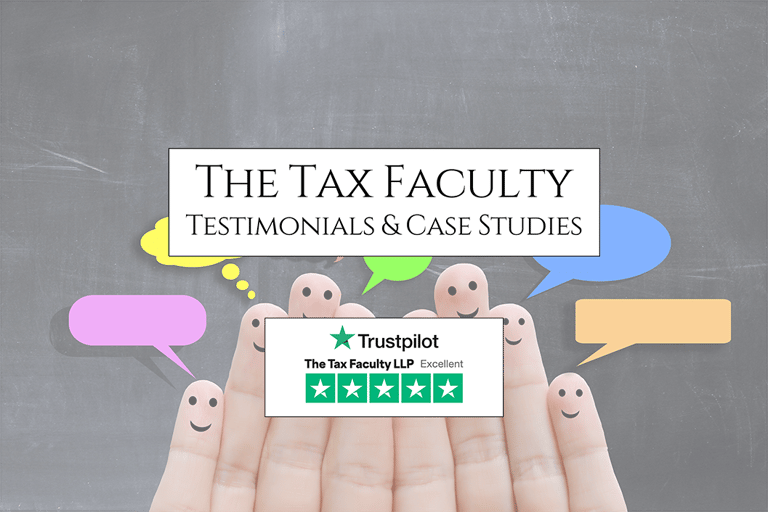

Expertise You Can Trust:
Our team of seasoned tax professionals at The Tax Faculty LLP boasts years of experience in navigating the intricacies of tax laws. We stay on top of the latest updates to provide you with accurate and reliable guidance.
Tailored Solutions for You:
Every individual's financial situation is unique. Our personalised approach ensures that we understand your specific circumstances, allowing us to optimise your self-assessment tax return filing and maximise your savings.
Efficiency and Accuracy:
We prioritise efficiency without compromising accuracy. Our streamlined processes and attention to detail mean that your tax return will be prepared meticulously, reducing the risk of errors that could lead to penalties.
Why Choose The Tax Faculty LLP?


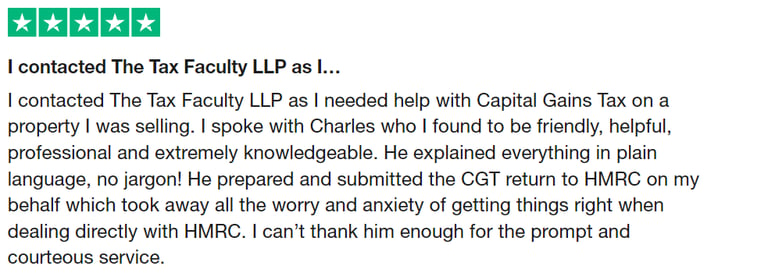






Tax Troubles? Contact us Today

How We Work
Step One
We start with a completely free and confidential consultation. This can take place by way of a meeting (over the telephone, video meeting or in person) or by way of email. We get to know you, your circumstances and your requirements.
Step Two
We analyse your situation and your needs in order to identify how best we can assist you. This might involve filing tax returns on your behalf with HMRC, providing advice on reducing your tax liability now and in the future, or a combination of such work.
Step Three
Should you wish to engage us, we would provide you with a fixed fee quote for the work required to solve all of your tax worries. We then complete our work with the highest levels of professionalism, keeping you updated at every stage and taking the stress away.
Contact Us
Contact us today on freephone 0800 0016 878 for a free consultation on all tax issues, or fill out the handy form below and we'll get back to you as soon as possible.
Alternatively, you can email us at info@thetaxfaculty.co.uk or complete the handy form below.
(Please note, non-UK callers may need to call 0207 101 3845 if your line cannot connect to our 0800 number)
Feel free to contact us through WhatsApp - we accept calls and messages.
Simply click the WhatsApp button below:


